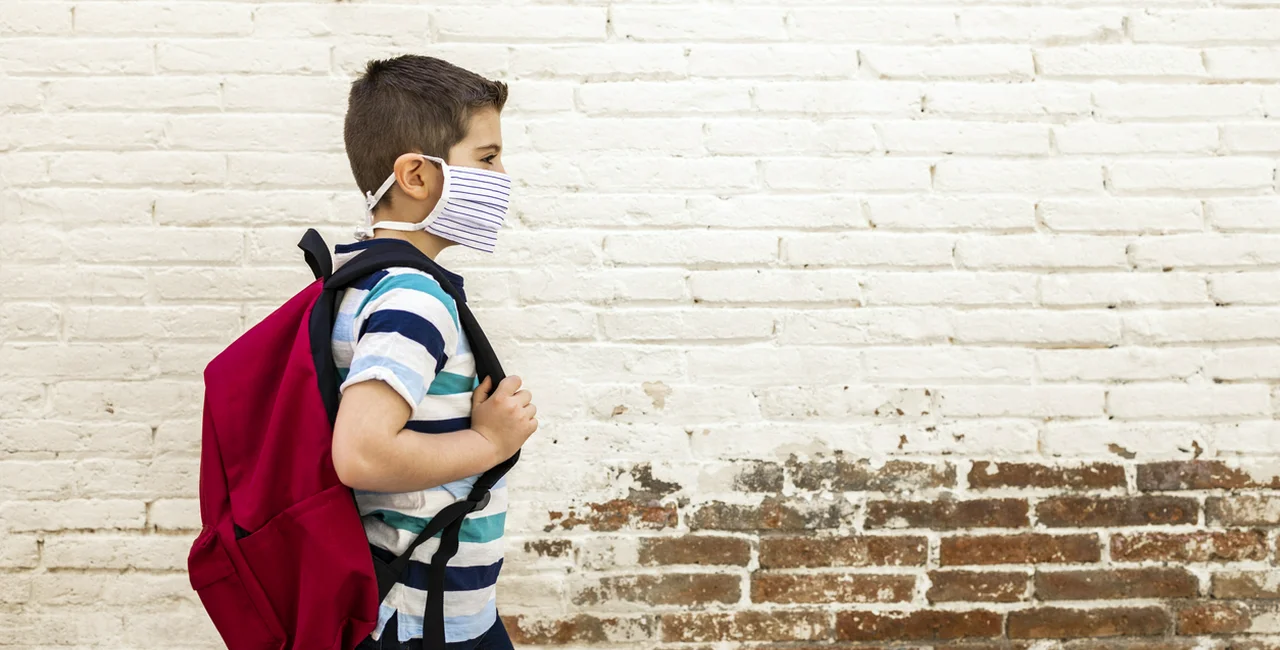Prague, Aug 18 (CTK) – Czech head teachers have received a manual for the operation of schools during the coronavirus epidemic from the Czech Education Ministry, the president of the Elementary School Head Teachers Association, Michal Černý, told journalists today.
The manual prescribes both sanitary measures and instructions for helping children overcome gaps in their education due to the closure of schools in the past school year. Schools will be able to fulfill the required sanitary measures, Černý said.
PARTNER ARTICLE
The manual mainly provide recommendations. The ministry will leave the implementation of measures up to head teachers, Černý said.
However, it is unfortunate that students must wear face masks outside of classrooms, he added.
The manual also details instructions for schools on how to proceed if some pupils have symptoms of coronavirus or if the infection has been confirmed.
Schools will operate according to the Czech Republic’s “traffic light” map of localities, and if a particular district turns red, schools in the area may be required to close. Schools may face a reduction in particular activities if a district turns yellow.
Schools may operate as normal in green low-risk localities, which include Prague and Frýdek-Místek at the moment, but the entry of outsiders into schools should be restricted, and meetings with parents should take place remotely.
According to Czech Chief Hygienist Jana Rážová, it will not be necessary to close an entire school in the case of a single COVID-19 infection.
Schools should limit events where children from different classes meet in order to minimize the number of students who must quarantine in case of infection breakouts.
School cafeterias will be be able to operate under stricter sanitary conditions, but students from different classes should generally be separated from each other. Self-service of food, drink, and even cutlery will be prohibited.
According to Rážová, schools will not be required to check their students for symptoms of illness, but if noticed by a teacher parents must be contacted and informed immediately.
A student who displays COVID-19 symptoms must be isolated from the rest of their class in a separate room and wear a face mask; the student’s parents, rather than the school, must consult with health authorities.
School field trips will be permitted, but must follow the Czech Republic’s regional traffic light map and avoid potential areas of risk.
The manual dispersed to head teacher does not only include organizational affairs.
There is also a recommendation from the Czech School Inspection for teachers on how to approach the start of the teaching process in September and how to support children who have large gaps in their knowledge from the past school year.
The document also states that university students from teaching faculties should help the schools with extra classes.
Education Minister Robert Plaga (ANO) said earlier the manual includes sections on binding measures, recommendations, and general information, differentiated by color.
Along with sanitary measures such as frequent airing or washing of hands, there are also instructions for organizing distance learning.
The coronavirus pandemic had a large impact on the second half of the last school year. On March 11, Czech schools were closed and only gradually and partially started to reopen after two months. They received the first manual for lockdown measures in mid-April.
School attendance was voluntary till the end of the school-year, and children could learn from at home.
In the past school year, there were about 953,000 pupils at elementary schools and 424,000 secondary schools students. This school year, similar numbers are expected.












 Reading time: 3 minutes
Reading time: 3 minutes 




























